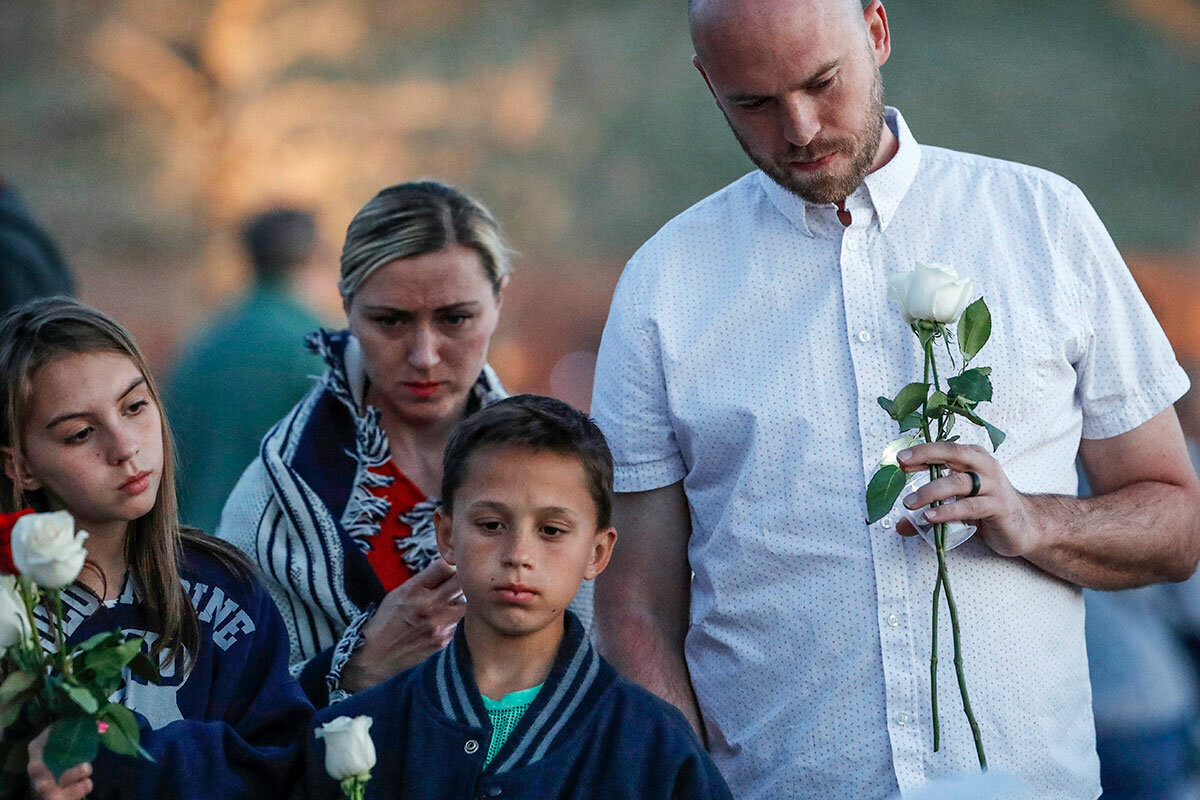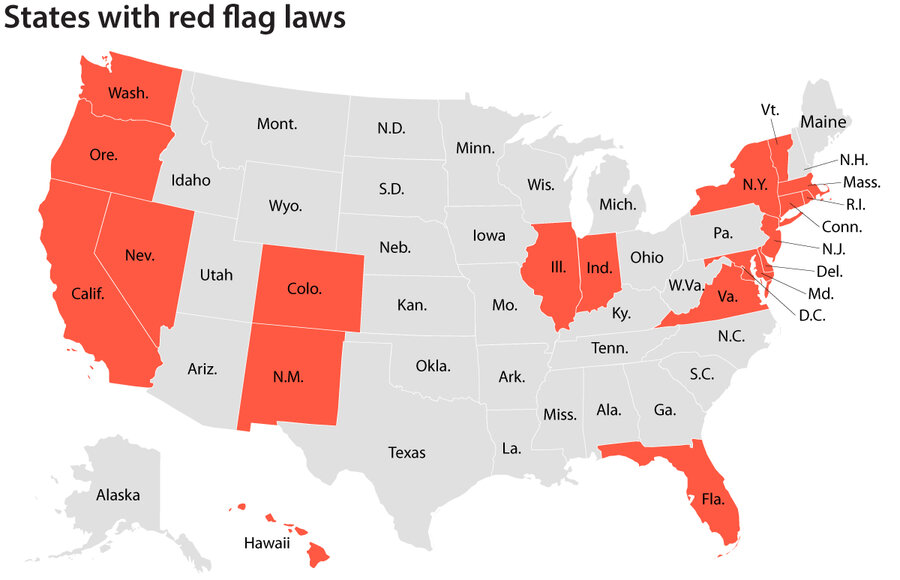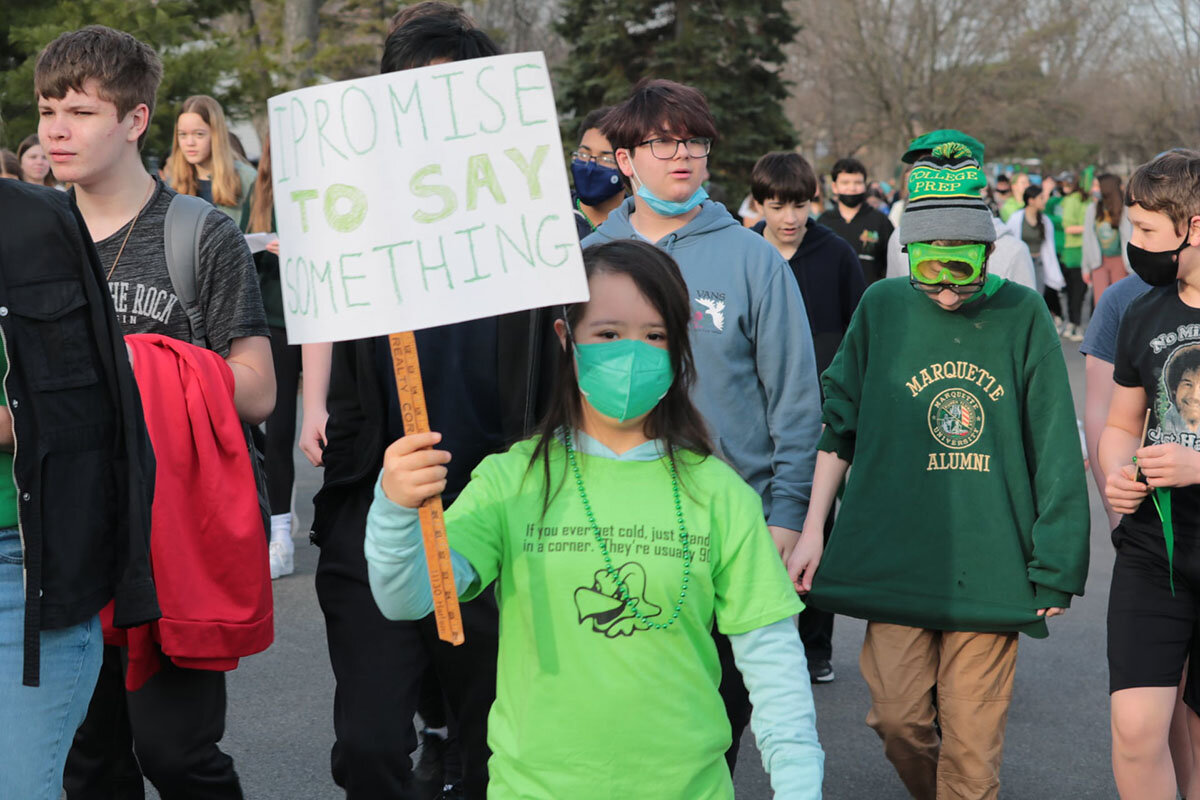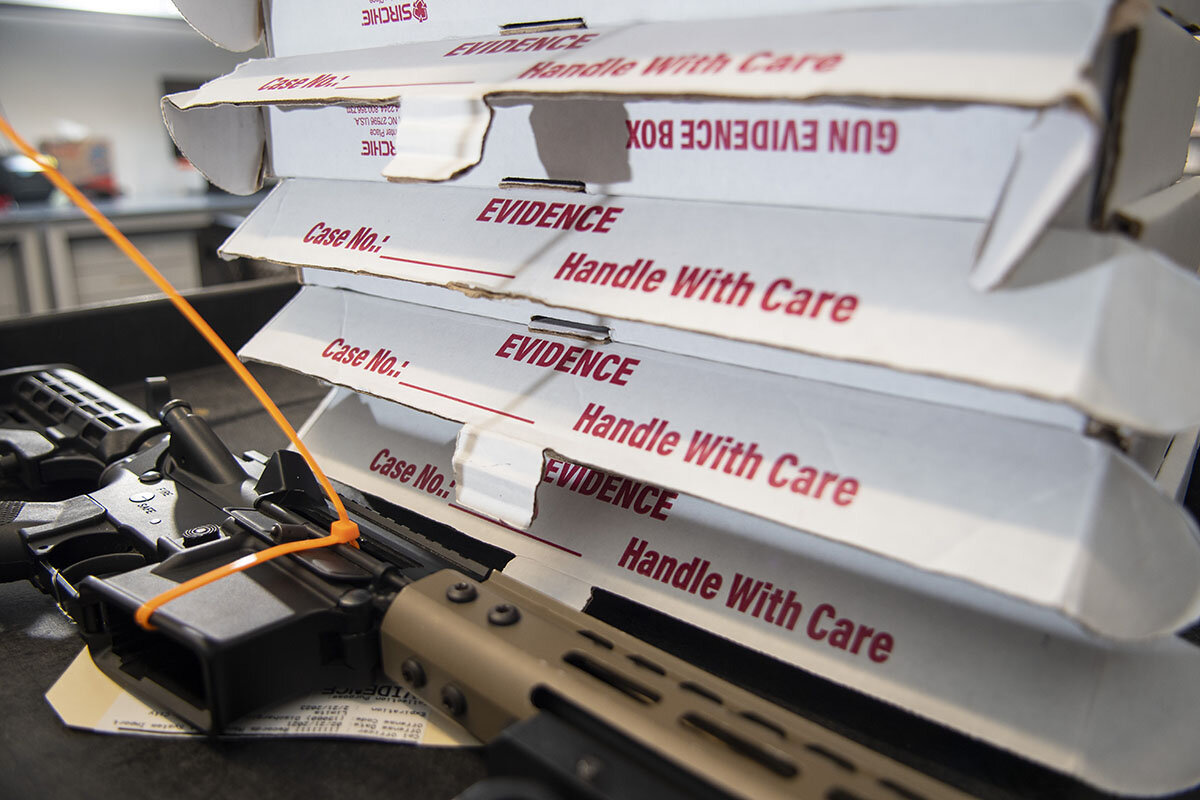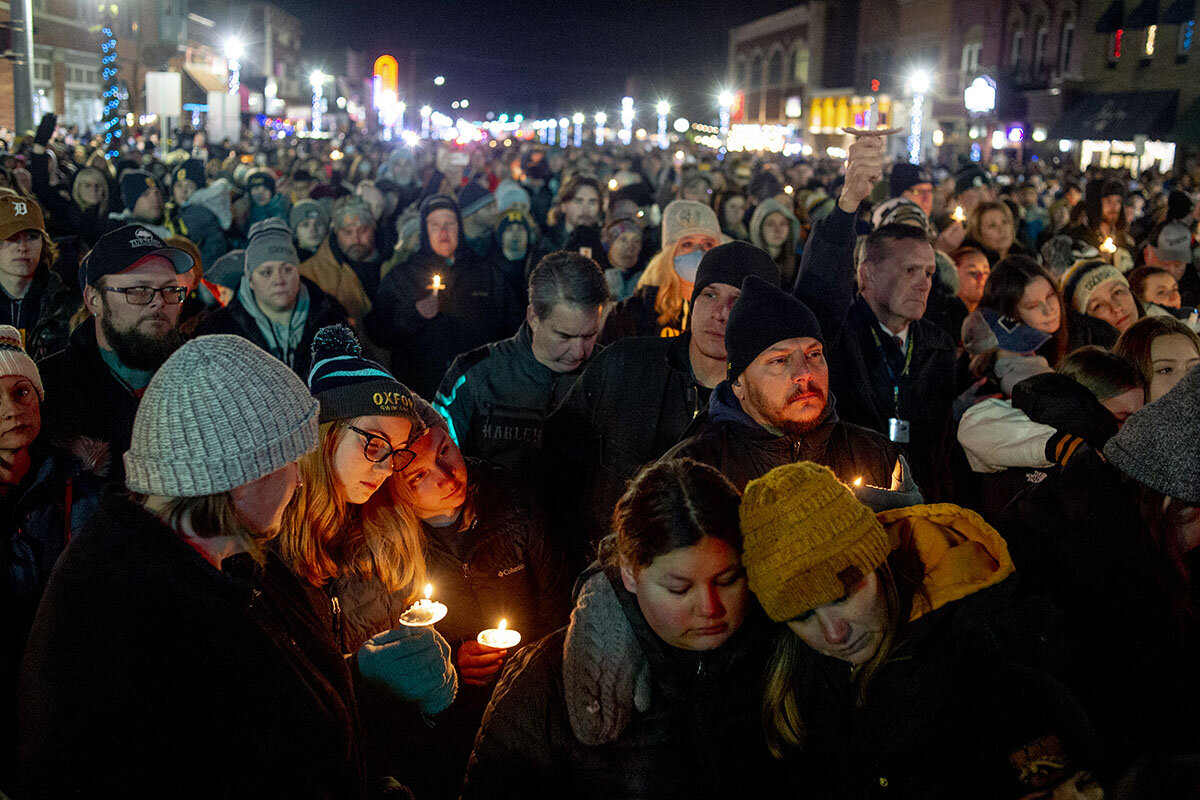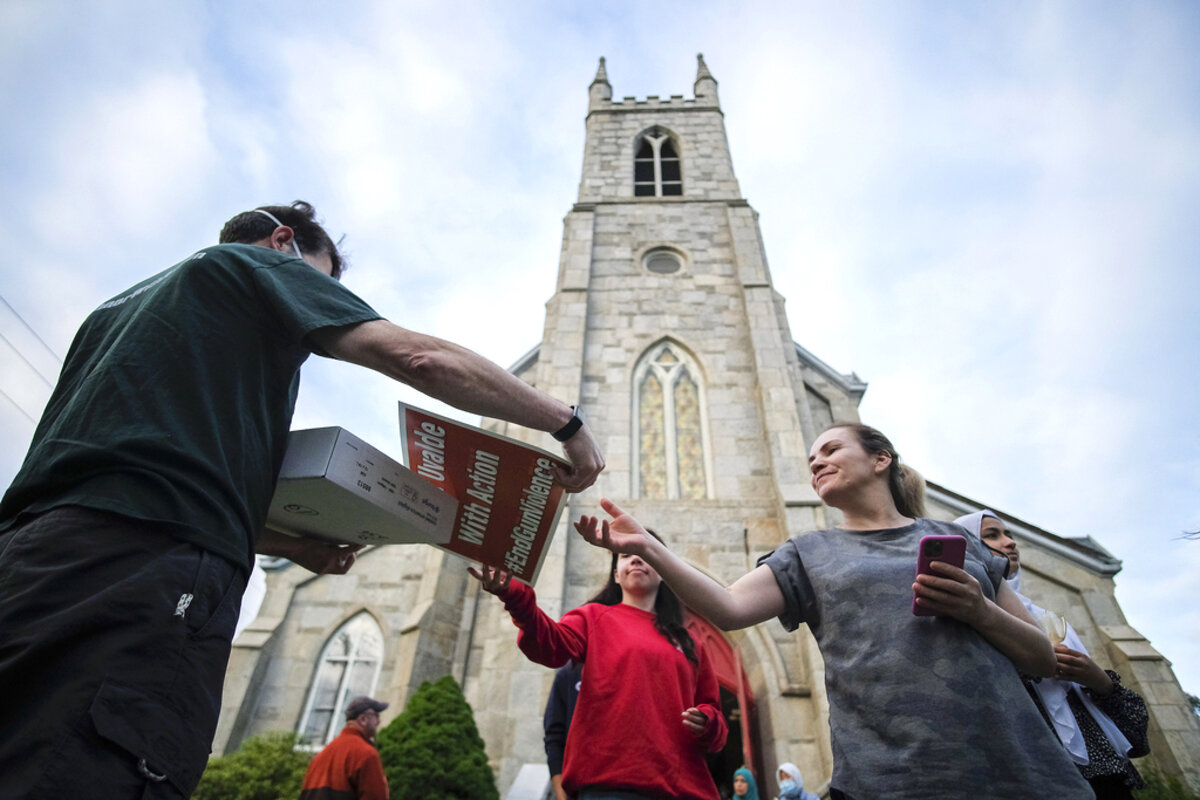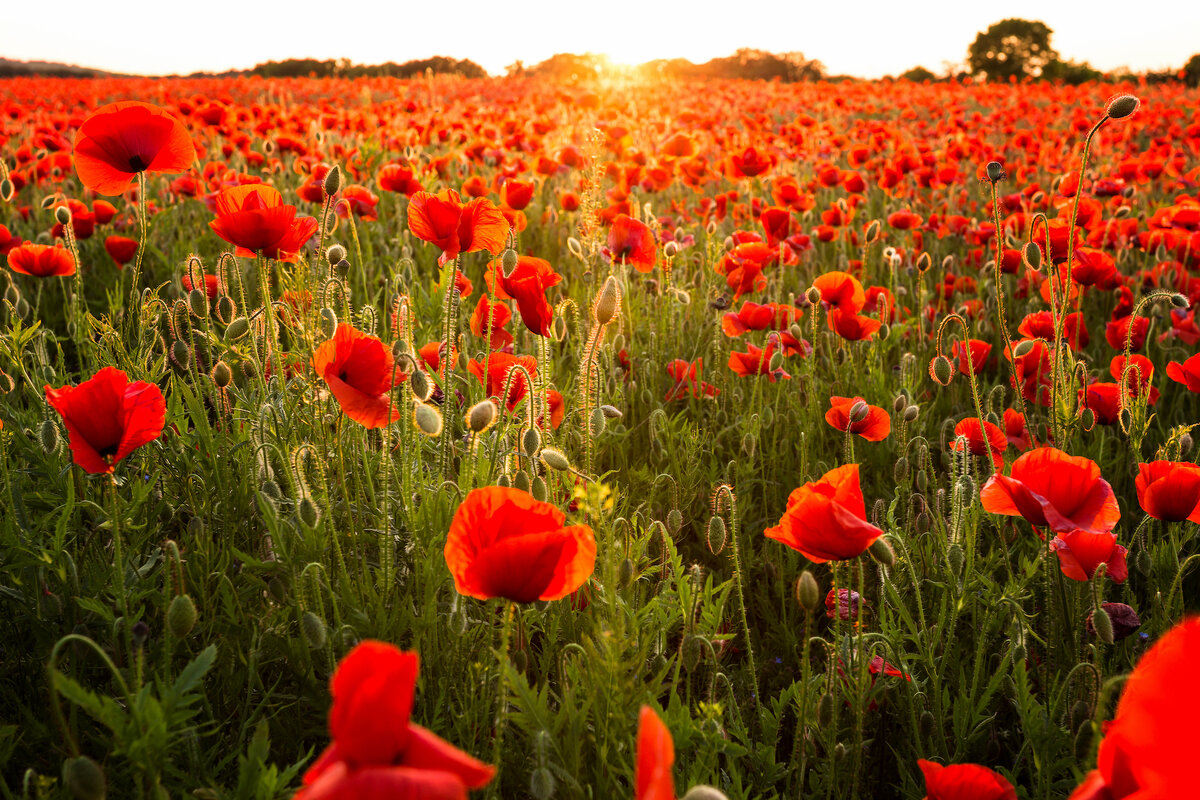In the jarring aftermath of a mass shooting, communities where such tragic events have already happened often provide a special voice of empathy and insight.
In Newtown, Connecticut, for example, residents held an interfaith vigil for Uvalde, Texas, on Thursday. “We want them to know that we are standing with them and we are here for them,” said Po Murray, chairperson of the Newtown Action Alliance. The two towns now share the distinction of having endured the two deadliest school shootings in American history.
This week, Chris Singleton, a resident of Charleston, South Carolina, was in Buffalo, New York, speaking at a school after the May 14 shooting of 10 people in that city. He gained national prominence by forgiving a gunman just a few days after his grandmother and eight others were killed at their church in 2015. Buffalo and Charleston now share the distinction of having endured two of the deadliest racially motivated mass murders in America in a century.
“Everybody grieves differently,” Mr. Singleton told the students. “For me forgiveness was a huge part of my grieving process.” His next stop is Uvalde.
The killing of 19 children and two teachers at Uvalde’s Robb Elementary School has led to renewed debates about gun control, mental health support, quick police response, and school safety. Yet in Uvalde – as in Buffalo – the first steps are ones of binding up emotional wounds. Residents gathered Wednesday at a rodeo ring for an interfaith service. High school students held a car wash to raise money for grieving families. In this tightknit community, many are wondering how they might have reached the troubled young man before he turned violent toward others.
That question has often provided a pivot point in other communities. A 2019 Secret Service report found that most shooters in school attacks had been bullied. For Scarlett Lewis, whose 6-year-old son was slain at Newtown’s Sandy Hook Elementary School in 2012, understanding the assailant’s troubled past – and what might have been offered him – showed her a way forward.
“I have tremendous compassion for him,” she said of her son’s killer in an interview with The Guardian. “Anyone who could do something so heinous must be in a tremendous amount of pain. He was neglected by the education system, his father had left, he had needs that were known that were not addressed, he was bullied in school. ... I understand his rage.”
Some grieving parents start foundations in their children’s names to help salve their loss and prevent future tragedies. Ms. Lewis created a social and emotional learning model that has been adopted by more than 10,000 schools in 120 countries. It is based on four qualities of thought – courage, gratitude, forgiveness, and compassion – that are common to restorative justice projects.
Forgiveness, according to a study of post-conflict truth commissions around the world by The Forgiveness Project, is more than a personal response. It is a building block for distressed communities: “Forgiveness may require relinquishing something that was important to you, such as giving up your moral indignation, your desire for retaliation, or your attachment to being right. Yet forgiveness is useful to community building, because people who forgive tend to be more flexible and less certain in their expectations, both in how life will be or how others will treat them. Forgiving people have chosen not to perpetuate a historical grievance; they are somehow able to turn the page, loosen themselves from the grip of the past, and reframe their own story.”
As the residents of Uvalde and Buffalo find their poise, the gentle embrace of previously torn communities provides a key lesson: the idea of loving one’s enemies as a path to renewed purpose. Or as Ms. Lewis said, “There is always something that we can do to help ease another’s pain. In other words, we can prevent school violence.”
 Mark Sappenfield
Mark Sappenfield




